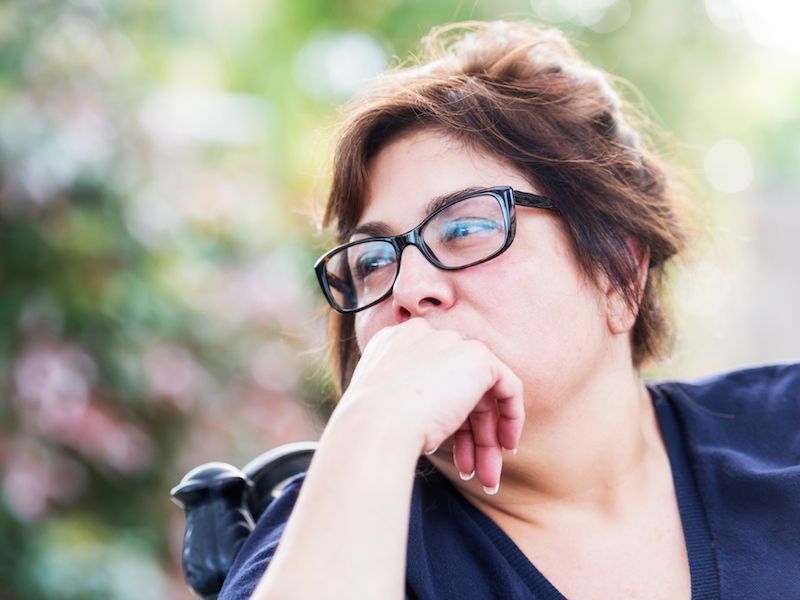Studies reveal that you are twice as likely to have hearing loss if you have diabetes, according to the American Diabetes Association. If you are a person that associates hearing loss with getting old or noise damage, this may surprise you. Close to 500,000 of the1.9 million people diagnosed with diabetes in 2010 were below the age of 44. Evidence reveals that 250,000 of those younger people who have the disease likely suffer from some form on hearing loss.
A person’s hearing can be damaged by quite a few diseases other than diabetes. Other than the obvious factor of the aging process, what is the link between these diseases and hearing loss? Consider some diseases that can lead to hearing loss.
Diabetes
What the link is between diabetes and hearing loss is uncertain but clinical research appears to indicate there is one. A condition that indicates a person may develop type 2 diabetes, called prediabetes, causes people to lose their hearing 30 percent faster than people who don’t have it.
While scientists don’t have a definitive answer as to why this takes place, there are some theories. It is possible that harm to the blood vessels that feed the inner ear could be triggered by high glucose levels. Diabetes is known to impact circulation, so that is a reasonable assumption.
Meningitis
This infectious disease causes loss of hearing. Meningitis by definition is inflammation of the membranes that cover the spinal cord and brain, normally due to infection. Studies show that 30 percent of people will lose their hearing in part or in full if they develop this condition. This infection is the second most common cause of hearing loss in American young people.
Meningitis has the potential to injure the fragile nerves which permit the inner ear to forward signals to the brain. The brain has no method to interpret sound if it doesn’t get these signals.
Cardiovascular Disease
Cardiovascular disease is an umbrella term that relates to conditions that affect the heart or blood vessels. This category contains these common diseases:
- Peripheral artery disease
- Atherosclerosis
- Stroke
- Heart attack
- Heart failure
- High blood pressure
Usually, cardiovascular diseases tend to be linked to age-related hearing loss. Damage can easily happen to the inner ear. Damage to the inner ear causes hearing loss when there is a change in blood flow and it doesn’t get the oxygen and nutrients that it needs to thrive.
Chronic Kidney Disease
A 2012 study published in The Laryngoscope found that people have an increased risk of losing their hearing if they have this condition. A separate study found that chance to be as high as 43 percent. However, this connection might be a coincidence. There are many of the same risk factors with kidney disease and other conditions associated with high blood pressure.
Toxins that accumulate in the blood as a result of kidney failure might also be to blame, theoretically. The connection that the nerves have with the brain may be closed off due to damage to the ear by these toxins.
Dementia
The link between hearing loss and dementia goes both ways. There is some evidence that cognitive deterioration increases a person’s chances of getting conditions like Alzheimer’s disease. Brain shrinkage and atrophy are the causes of dementia. That process is accelerated by hearing loss.
It also works the other way around. A person who develops dementia even though there is normal hearing will show a decline in their hearing as damage to the brain increases.
Mumps
Early in life the viral infection mumps can cause children to lose their hearing. Loss of hearing may impact both ears or only one side. The reason that this happens is that the cochlea of the inner ear is damaged by the virus. Signals are sent to the brain by this portion of the ear. The positive thing is, due to vaccination mumps are relatively rare at present. Not everyone who has the mumps will suffer from hearing loss.
Chronic Ear Infections
Treatment gets rid of the occasional ear infection so it’s not very risky for the majority of people. For some, however, repeated infections take a toll on the tiny pieces that are required for hearing like the eardrum or the small bones in the middle ear. This type of hearing loss is called conductive, and it means that sound cannot reach the inner ear with enough energy, so no signals are transmitted to the brain. Infections can also lead to a sensorineural hearing loss, which means nerve damage.
Prevention is the key to avoiding many of the illnesses that can cause you to lose hearing. Throughout your life protecting your hearing will be achievable if you exercise regularly, get the right amount of sleep, and have a healthy diet. You should also get regular hearing exams to make sure your ears stay healthy.

